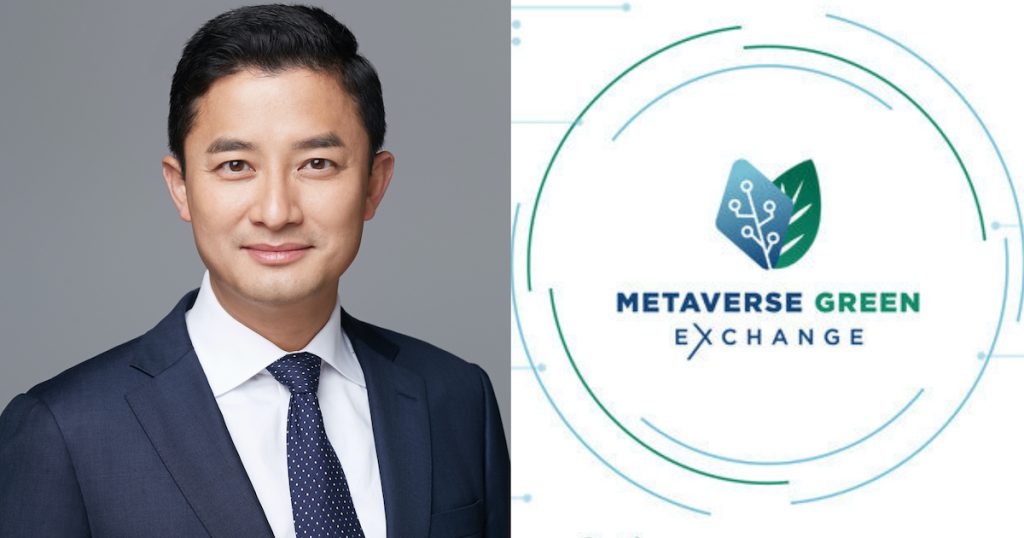To say that cryptocurrency and blockchain technology have earned a fair bit of infamy in recent years is a bit of an understatement.
Cryptocurrencies have received significant attention as an investment — a highly volatile one. After all, the last crypto crash was just a couple weeks ago.
However, a growing concern within the industry is the environmental impact of cryptocurrency mining. It is extremely energy-intensive, and Bitcoin — the largest cryptocurrency — consumes more energy annually than the entire country of Argentina (45 million people).
Needless to say, this has also raised some eyebrows, with Commodity Futures Trading Commission Chair Rostin Behman suggesting that the energy use outweighs the economic benefits of cryptocurrencies.
Cryptocurrencies and blockchain technology, while closely related, are not the same — cryptocurrencies are merely one use of blockchain technology that happen to be rather eco-unfriendly. Meanwhile, blockchain can be used for other purposes.
One particular company, MetaVerse Green Exchange (MVGX) is taking blockchain technology in a completely different direction, endeavouring to use it to give the sustainability industry a much needed boost.
Combining green finance and blockchain tech
So how exactly can blockchain technology be used to give the sustainability industry a boost?
Through my many years in impact investing and experience in the carbon industry, I have always had the ambition to see the day when green financing can be done in a way that allows transparency and high integrity, so that investors can be assured that their investment goes into real green projects that are contributing to the environment.
The world is becoming increasingly digital as well as with the rise of blockchain technology — tokenisation will be the future of finance and investments. Blockchain technology is therefore the perfect choice for green financing as it is immutable and unchangeable.
– Dr Bo Bai, Executive Chairman and Co-Founder of MVGX
The key to this is MVGX’s own Carbon Neutrality Token (CNT), hosted within their own Carbon Management System. MVGX has already obtained a Capital Markets Services Licence, and can provide custodial services for their Carbon Neutrality Tokens.
The tokens themselves are verified using the British Standard Institution’s (BSI) methodology, and the use of blockchain technology means that records of carbon credits are permanent.
This means that traditional issues with carbon trading such as double counting are no longer an issue. With many current carbon trading systems, reports of emissions reductions are not necessarily verified before they are reported to relevant authorities.
However, this is where MVGX sees blockchain technology as being able to provide a better alternative.
With internationally recognised standards and verification, companies are able to obtain CNTs for their carbon emission reductions. Each CNT represents one ton of carbon emissions, and carbon emission reductions must be verified by a qualified party before a token is created to represent it.
The tokenisation of these carbon credits also solves another issue for carbon credit trading regimes: scalability.
With blockchain technology, carbon credits can now be traded across different regimes with ease, with the assurance that these reductions are compliant with international standards.
Why green finance?
While the Singapore government has always been quite mindful not to allow deliberate destruction of the environment, with the National Environment Agency overseeing parks, greenery and other aspects of environmental protection, there is only so much that can be done before environmental protection comes at the expense of economic development.
With green finance, investors are able to back companies and innovations that promise economic development, financial returns, and environmental protection at the same time.

Efforts on sustainable development are becoming increasingly commonplace, and MVGX plays a key part in this effort.
Within an increasingly globalised business environment, corporations, especially those engaging in international trade, need to ensure that their ESG efforts don’t go to waste and are recognised on an international level.
– Dr Bo Bai, Executive Chairman and Co-Founder of MVGX
Bo welcomed this attention, describing it as long overdue, and cited the United Nation’s Intergovernmental Panel on Climate Change (IPCC)’s latest report that found that climate change is already worse than expected.
“As you can imagine, amid all the attention we’re seeing today, MVGX is uniquely positioned to address some of the pain points that the sustainability sector faces in terms of lack of transparency, while providing much-needed support to both corporations, governments, investors, and sustainability projects that are trying to meet their commitments over the next few years,” he added.
The future of the sustainability industry in Singapore
This attention has also brought some successes for MVGX.
With such a promising innovation for blockchain technology and green finance, MVGX has recently announced a strategic partnership with OCBC Bank. The partnership is part of OCBC’s strengthening of green financing offerings for their corporate clients, and will bring businesses on board to MVGX’s Carbon Management System.

MVGX has also been exploring other partnerships, and has welcomed the electric vehicle carbon trading scheme by CRX CarbonBank, deeming it a step forward in the right direction.
We think potential carbon credits coming from this industry will be very important, and given how digital and fragmented this industry is compared to centralised wind or solar farms, we think our technology is well-suited to represent the assets with integrity, and hence, safeguard the integrity of the carbon credit backed by it.
– Dr Bo Bai, Executive Chairman and Co-Founder of MVGX
The company is already exploring potential improvements to such a system, with asset-backed tokens to represent fractional ownership for trading.
As Singapore moves towards a more sustainable form of economic development, common ground must be found between businesses, environmental interest groups, and the public.
MVGX represents a huge step towards that consensus, with a viable method of calculating carbon emissions, and the scalability to extend this to meet international commitments towards combatting climate change.
Featured Image Credit: MVGX / Money Compass
Also Read: BAYC #2162: S’pore court legally recognises NFTs as digital assets – what’s next for crypto law?










